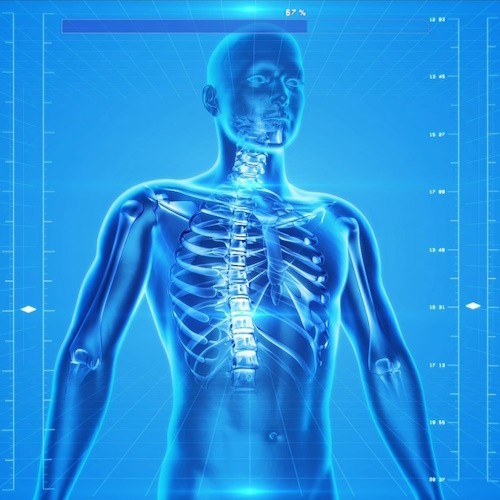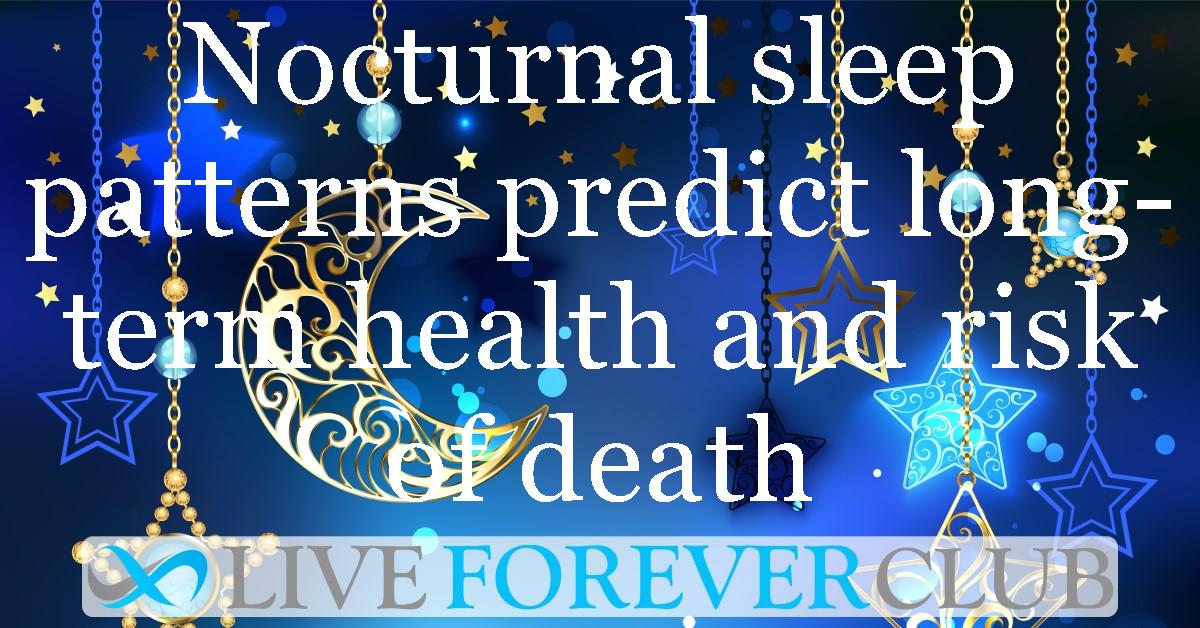Sleep is vital at any age to rest the body and power the mind. With increasing age, changes in sleep patterns are obvious due to social, psychological, behavioural, pathophysiological, and environmental influences. Generally, older people experience more difficulties in the quality and duration of sleep than when they were younger. Sleep abruptions or being awake makes older people feel sleep deprived, affecting their mental abilities and emotional state. Prior studies showed a U-shaped relationship between sleep duration and mortality (1), and older age is a major predictor of mortality as well.
Scientists from Stanford University linked sleep age and associated mortality risk using polysomnography (PSG), a gold standard diagnostic test in sleep medicine (2). This study was led by Emmanuel Mignot and published in the journal npj Digital Medicine. The study sample comprised 13,332 PSGs from individuals aged 20-90 years in seven different cohorts. Various physiological signals, namely electrocardiogram (ECG), electroencephalogram (EEG), electrooculogram (EOG), chin and leg movement, breathing, and airflow, were recorded overnight. A set of age estimation models, including deep neural networks, were used to efficiently assist PSG analyses for providing insights on health outcomes.
ESTIMATING 'SLEEP AGE'
Sleep age is a good indicator of health status, as poor sleep patterns are usually reported in individuals with diseases such as insomnia, sleep apnea, psychological conditions, obesity, chronic pain, etc. People may have the sleep age of their younger or older self depending on their current health status.
The age estimation models are a part of deep learning algorithms developed from full night sleep study data and a person's age. Once built, these algorithms can be compared to predict the sleep age of any person using sleep characteristics. The authors further calculated the difference in sleep age and chronological age to predict mortality risk.
SLEEP AGE AND RISK OF DEATH
Older sleep age i.e., a large positive difference in sleep age and chronological age was found to be associated with poor sleep and multiple interruptions between sleep (sleep fragmentation). A 10-year difference was linked to a 29% increased risk of death from all causes and a 40% risk of death from cardiovascular causes. It was also found to be associated with type 2 diabetes, hypertension, congestive heart failure, and history of a heart attack.
For a 60-year-old person, a 10-year difference may correspond to decreased life expectancy by 8.7 years.
CONCLUSION AND LIMITATIONS
As people age, sleep becomes shorter, more fragmented, with fewer sleep spindles, less slow wave sleep, and less rapid eye movement sleep. These changes were also linked to increased mortality. Sleep health is associated with all-cause and cardiovascular mortality. Study authors suggested that sleep studies may be useful in assessing sleep health and also predicting the risk of diseases and death in the future. Thereby, patients can be educated to improve their sleep health with better treatment approaches such as continuous positive airway pressure (CPAP) therapy and lifestyle changes.
The age estimation models were not validated for use in children due to limited data and age range. Some uncertainties were noted in individual study models: underestimated sleep age for older subjects; overestimated sleep age for younger subjects; night-to-night variability. Deep sleep, arousal, and sleep apnea during the study may also modify the estimates. Adjusting the bias and using multiple PSGs is necessary to improve the data quality.
References:
1. Cappuccio FP et al; "Sleep Duration and All-Cause Mortality: A Systematic Review and Meta-Analysis of Prospective Studies." Sleep; V.33; No.5; 5/2010; p585. DOI: 10.1093/sleep/33.5.585
2. Brink-Kjaer A et al; "Age Estimation from sleep studies using deep learning predicts life expectancy." NPJ Digital Medicine; V.5; No.1; 7/22/2022; p103. DOI: 10.1038/s41746-022-00630-9







